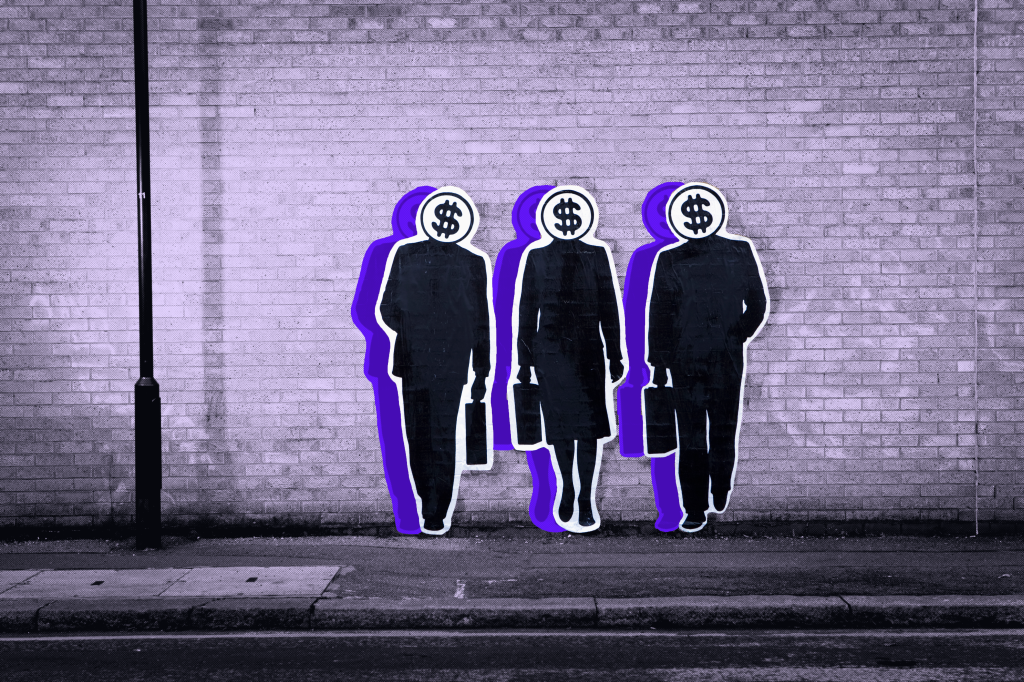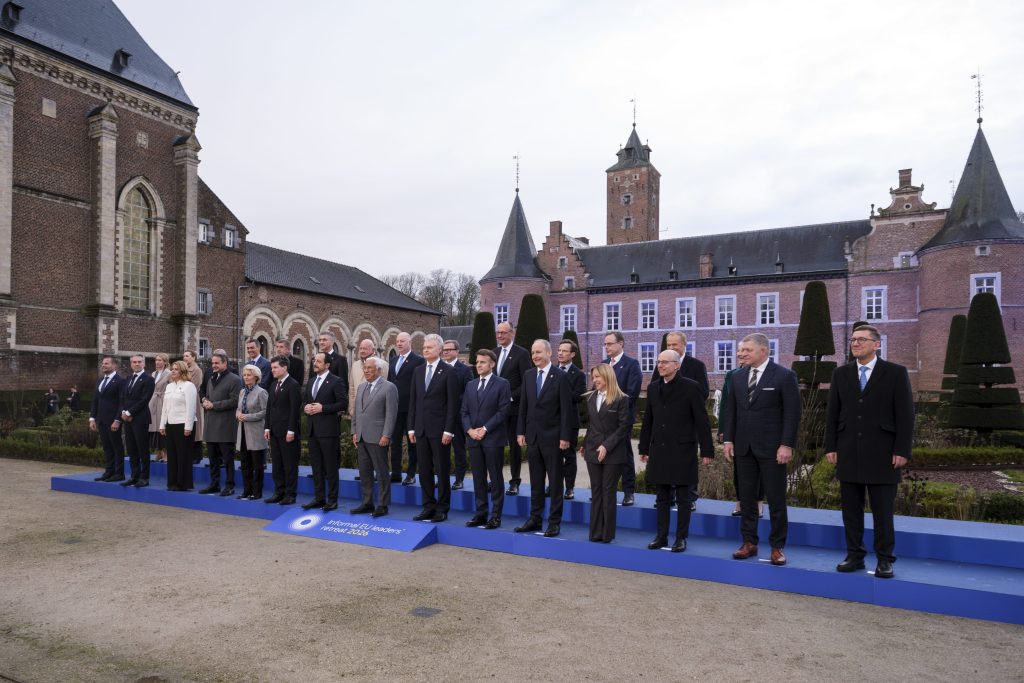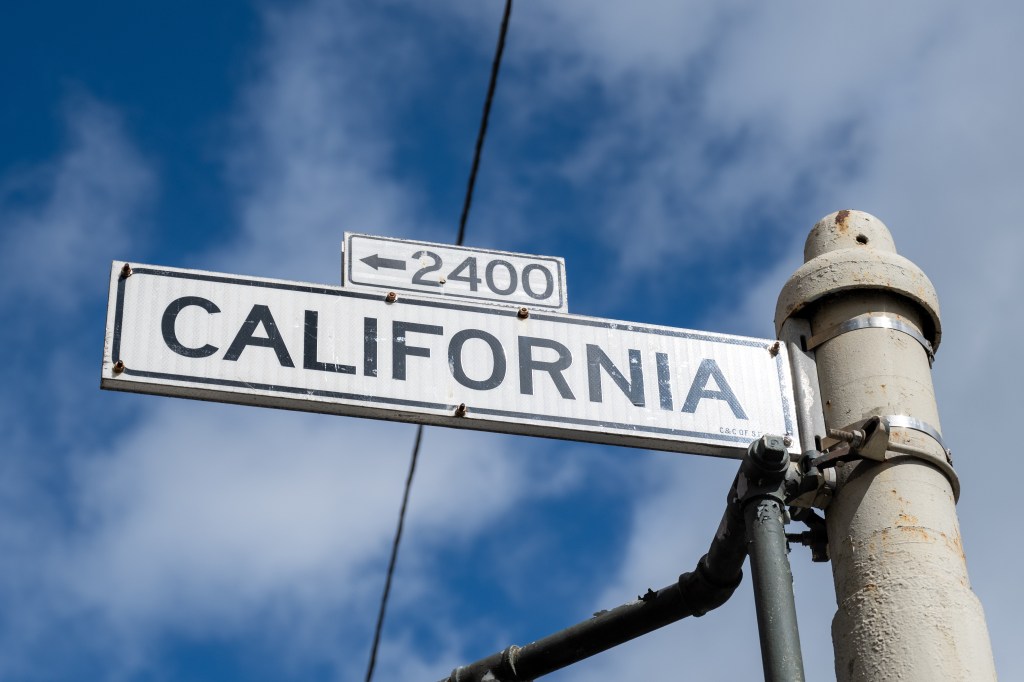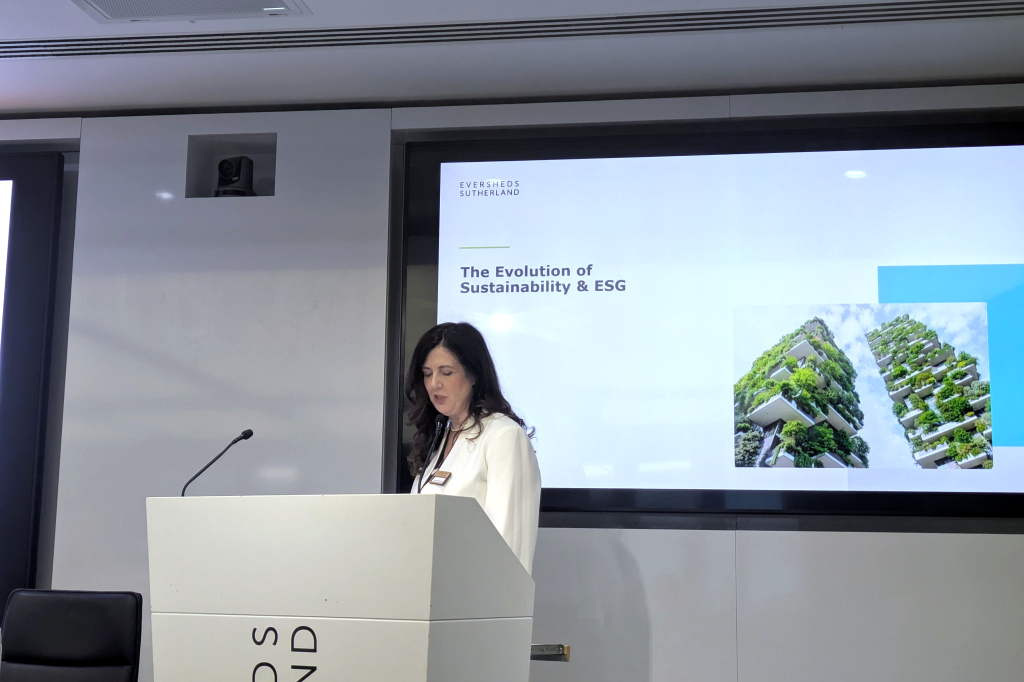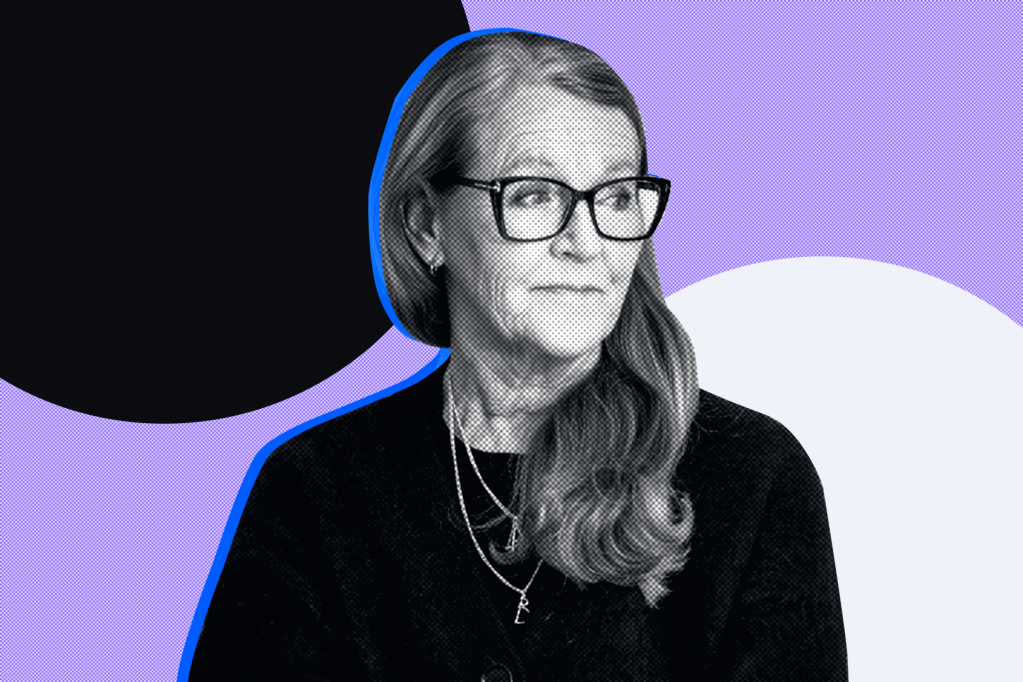This is a transcript of the podcast Michaela Ahlberg talks about building trust and ethics in compliance programs, in which Michaela speaks to GRIP’s US Content Manager, Julie DiMauro, and Senior Reporter, Hameed Shuja, about her work on managing and upgrading corporate compliance programs and her thoughts on seeing
[INTRO]
Register for free to keep reading
To continue reading this article and unlock full access to GRIP, register now. You’ll enjoy free access to all content until our subscription service launches in early 2026.
- Unlimited access to industry insights
- Stay on top of key rules and regulatory changes with our Rules Navigator
- Ad-free experience with no distractions
- Regular podcasts from trusted external experts
- Fresh compliance and regulatory content every day

